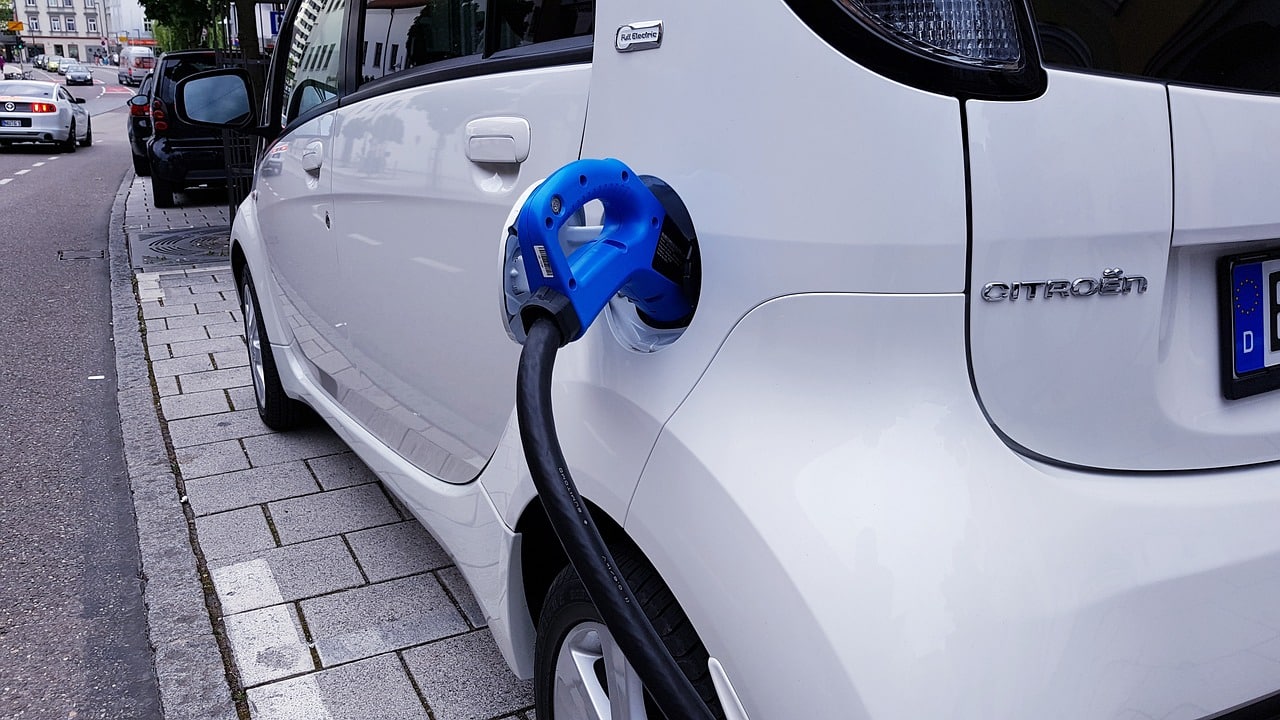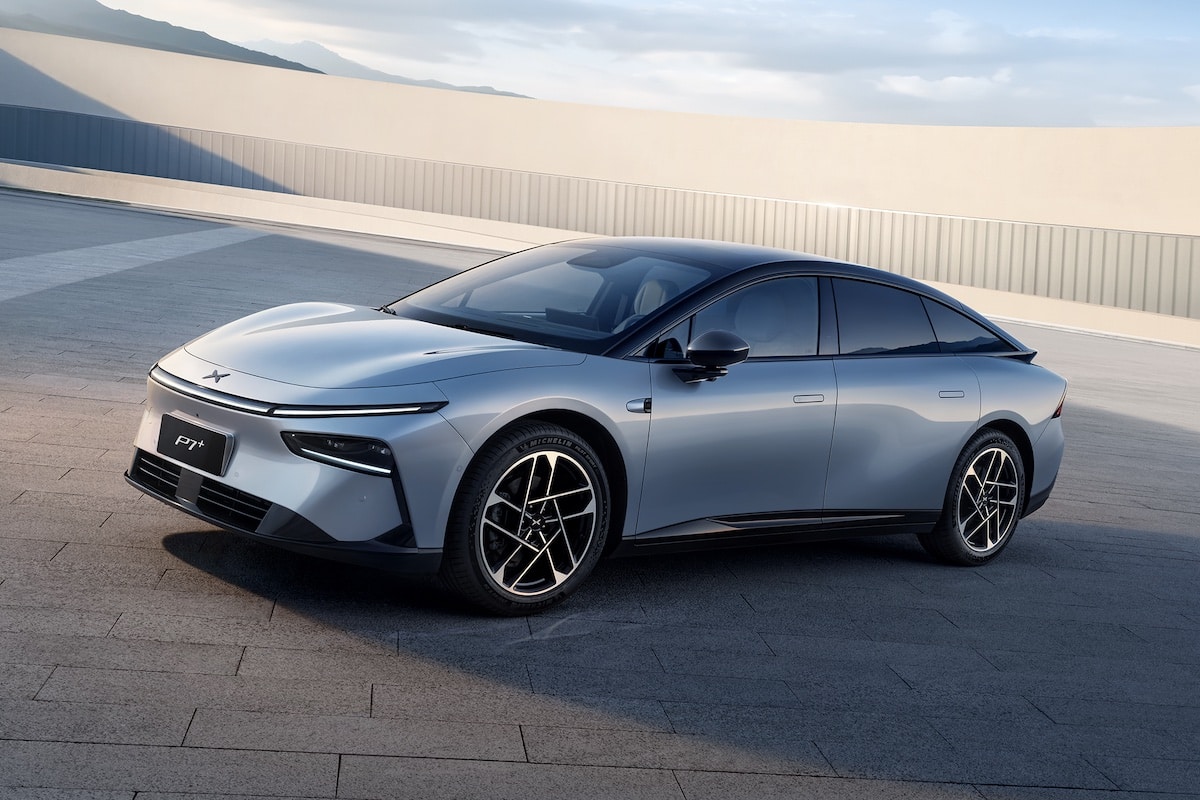Electric Vehicles: Moving Towards Kilometer-Based Taxation?

By 2035, the sale of thermal vehicles will be prohibited. The Tax on combustion-powered vehicles, the Internal Consumption Tax on energy products (TCIPE), will no longer be applicable. A source of revenue that the State, regions, and departments will no longer receive.
Today in France, aids are available when purchasing an electric vehicle, which can go up to 5,000 euros. These aids exist because the French government aims to move forward, especially toward green mobility. Aid, yes, but with a lower revenue intake without the TICPE tax.
What does this mean?
The TICPE generated 37.7 billion euros in 2019. The State collected 17 billion euros. The regions and departments collected 13 billion. The Agency for Transport Infrastructure Financing in France collected 1.6 billion annually between 2013 and 2017, as well as 3 billion in 2020.
As we know, the French government wants to shift toward green mobility. That’s good, but it comes at a cost, and it’s not insignificant. According to a report by the Parliament Office for Scientific Evaluation of Choices, we could lose 500 billion euros. How? Infrastructure costs, including charging infrastructure, but also subsidies and aids. Reminder, the sale of thermal vehicles will be banned from 2035.
What solutions could there be?
In the OPECST dossier, “road pricing” is suggested as one of the solutions to adopt. What does it involve? The tax would no longer be on the kilowatt-hour but on the kilometers traveled. So, a tax per kilometer.
Some countries have already started taxing electric vehicles. Norway plans to tax so-called “luxury” vehicles, i.e., those costing from 60,000 euros or more. Whether electric or thermal, at a rate of 25%.
In Australia, two states have implemented a per-kilometer tax on electric vehicles since 2021.
The other, much faster solution could be to reduce or even eliminate the ecological bonus for purchasing electric vehicles. As a reminder, an ecological bonus of 5,000 euros is available when buying a 100% electric vehicle. The vehicle must weigh less than 2.4 tons and cost less than 47,000 euros.
Read also: Bonus, primes: what incentives are available for buying an electric car?
This page is translated from the original post "Véhicules électriques : vers une taxation au kilomètre ? " in French.
We also suggestthese articles:
Also read





